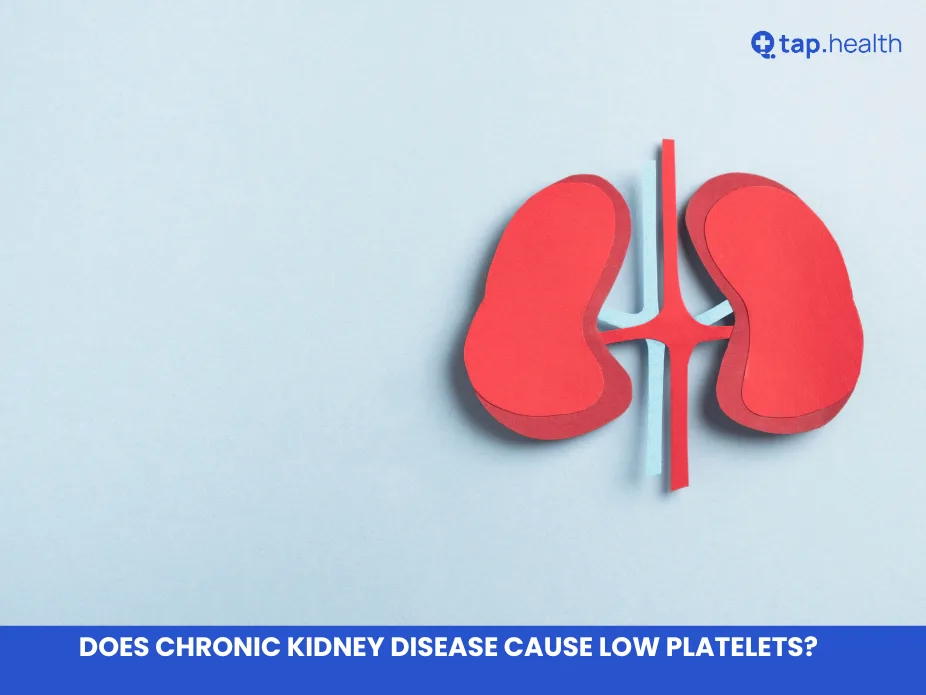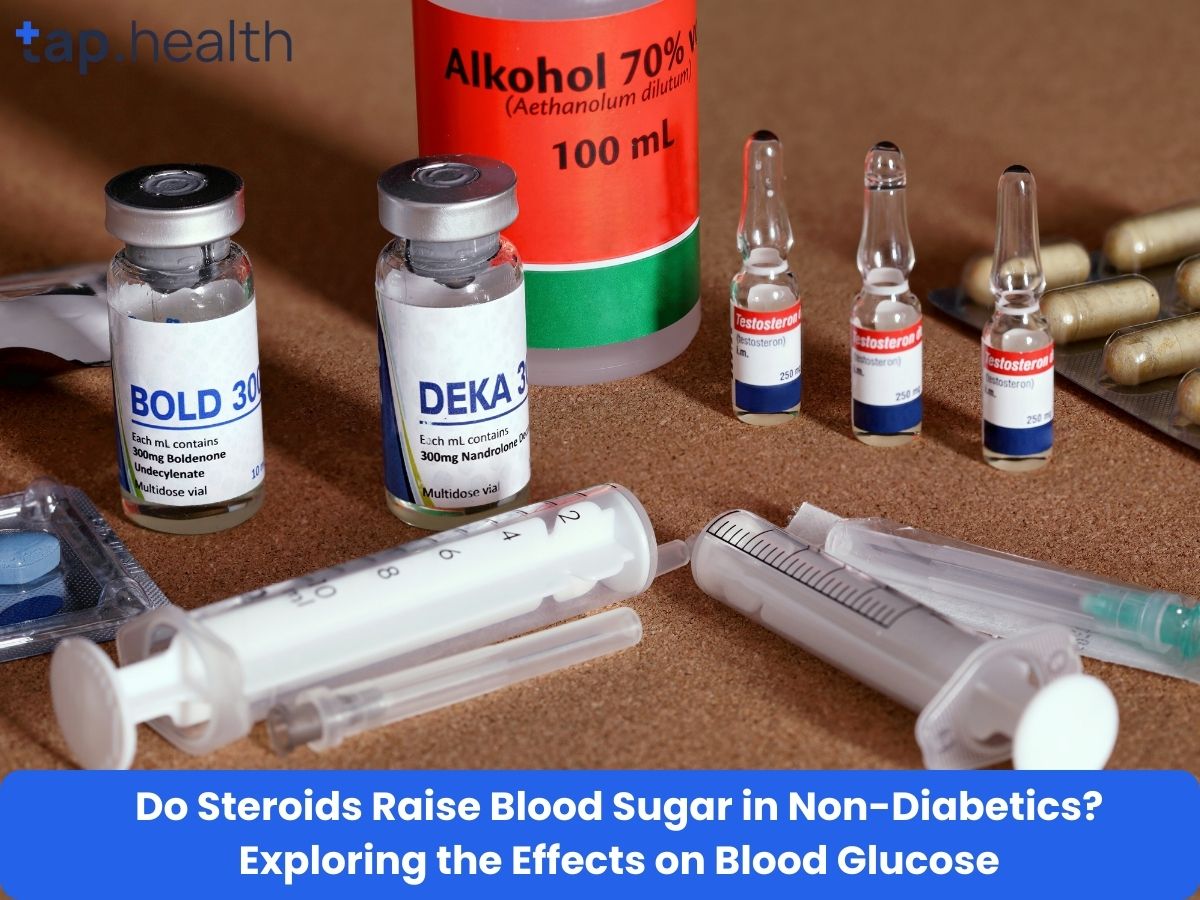Chronic Kidney Disease (CKD) is a condition where the kidneys gradually lose their function over time. One concern for individuals with CKD is the potential for low platelet counts, a condition known as thrombocytopenia. Understanding the connection between CKD and low platelets is crucial for effective management and treatment.
What Are Platelets?
Platelets, or thrombocytes, are small cell fragments in the blood that play a vital role in clotting. They help stop bleeding by clumping and forming plugs in blood vessel injuries. A normal platelet count ranges from 150,000 to 450,000 platelets per microliter of blood.
How Does CKD Affect Platelet Counts?
In CKD, the kidneys’ ability to filter waste and maintain balance in the body diminishes. This decline can lead to several issues affecting platelet function and count:
- Uremic Toxins: As kidney function declines, waste products build up in the blood, leading to uremia. These toxins can impair platelet function, increasing the risk of bleeding. UpToDate
- Anemia: CKD often causes anemia due to decreased erythropoietin production, a hormone that stimulates red blood cell production. Anemia can lead to compensatory changes in platelet counts.
- Medications: Certain medications used to manage CKD, such as heparin, can affect platelet counts.
Symptoms of Low Platelet Counts
Low platelet counts can lead to:
- Easy Bruising: Unexplained bruises or larger-than-usual bruises.
- Frequent Nosebleeds: Nosebleeds without a clear cause.
- Prolonged Bleeding: Cuts or injuries that bleed longer than usual.
- Blood in Urine or Stool: Visible blood in urine or stools.
Real-Life Scenario
Consider Rajesh, a 55-year-old man from Mumbai diagnosed with CKD. He noticed frequent nosebleeds and easy bruising. After consulting his doctor, blood tests revealed a low platelet count. His healthcare team adjusted his medication and provided guidance on managing his condition.
Expert Contributions
Dr. Anjali Sharma, a nephrologist at AIIMS, Delhi, states, “Thrombocytopenia in CKD patients is often multifactorial, involving uremic toxins, anemia, and medication effects. Addressing these factors is essential for effective management.”
Recommendations Grounded in Proven Research and Facts
- Regular Monitoring: Routine blood tests to monitor platelet counts and kidney function.
- Medication Management: Review and adjust medications that may affect platelet counts.
- Dietary Considerations: Maintain a balanced diet to support overall health.
- Hydration: Ensure adequate fluid intake to support kidney function.
- Consult Healthcare Providers: Work closely with nephrologists and hematologists for personalized care.
Factual and Reliable Information
According to a study published in the American Journal of Medicine, “In patients with chronic kidney disease, development of thrombocytopenia can pose additional problems because an increased risk of arterial and venous thrombosis may occur.”
FAQ on Does Chronic Kidney Disease Cause Low Platelets?
Q1: Can CKD cause low platelet counts?
Yes, CKD can lead to low platelet counts due to factors like uremic toxins, anemia, and medication effects.
Q2: What are the symptoms of low platelet counts in CKD patients?
Symptoms include easy bruising, frequent nosebleeds, prolonged bleeding, and blood in urine or stool.
Q3: How is thrombocytopenia in CKD treated?
Treatment involves managing underlying causes, adjusting medications, and monitoring platelet counts regularly.
Q4: Are there dietary recommendations for CKD patients with low platelets?
A balanced diet rich in fruits, vegetables, and lean proteins supports overall health and may help manage platelet counts.
Q5: Is thrombocytopenia common in CKD patients?
Yes, thrombocytopenia is relatively common in CKD patients and requires careful management.
Q6: Can anemia contribute to low platelet counts in CKD?
Yes, anemia associated with CKD can lead to compensatory changes in platelet counts.
Q7: How often should CKD patients monitor their platelet counts?
Regular monitoring is essential; the frequency depends on individual health status and should be determined by a healthcare provider.
In conclusion, while chronic kidney disease can lead to low platelet counts, understanding the underlying causes and working closely with healthcare providers can help manage and mitigate associated risks.



